Meet the 2025-26 OUR Ambassadors
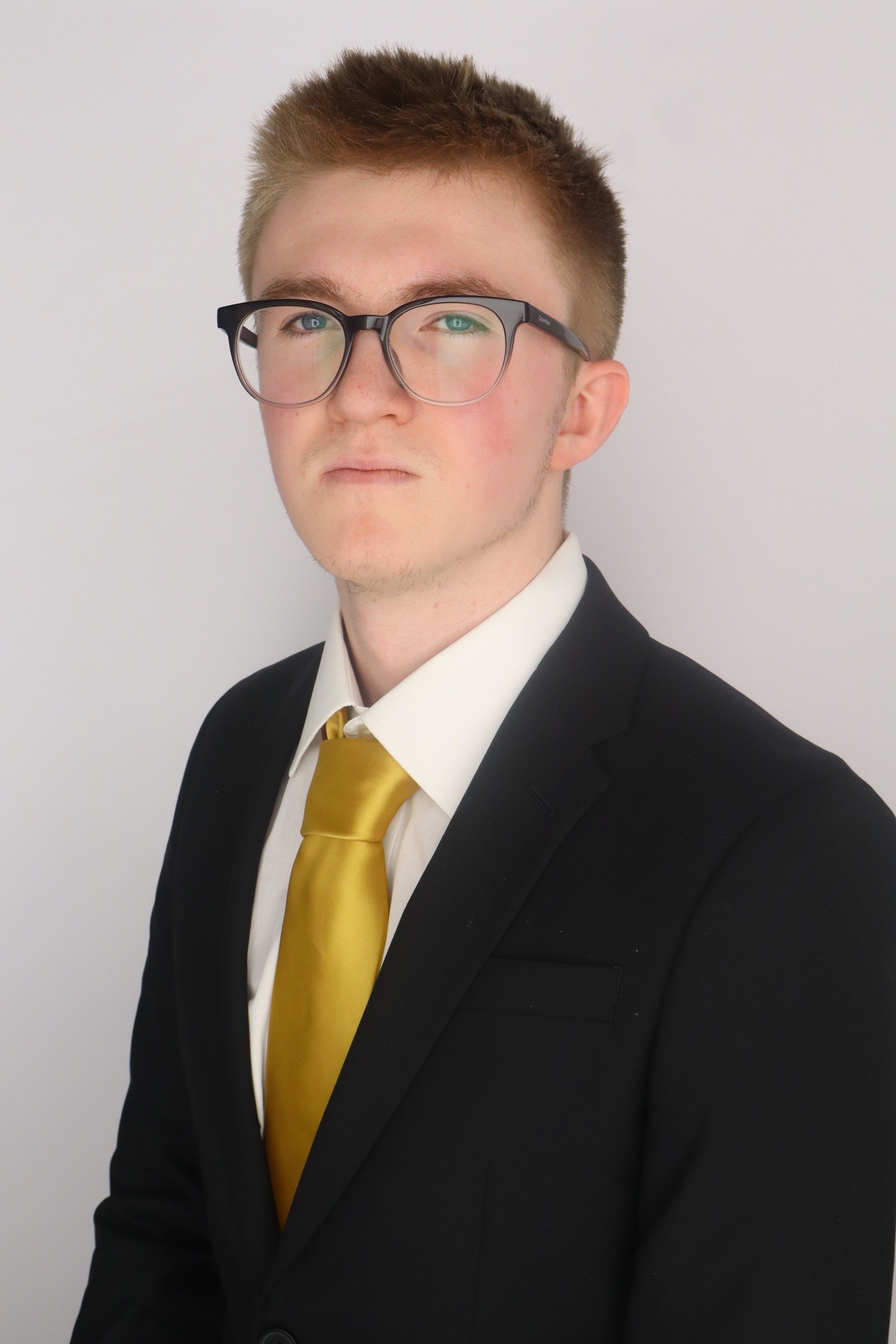
Reuben Bowie '27
Majors: Law and Society & Psychological Sciences
Minors: Forensic Science & Human Rights Studies
Research Project Experience:
I worked with one of my previous professors on his research project for a semester and presented our work at the Spring Undergraduate Research Conference. I additionally helped write up our research for a journal article, which should be published soon. Currently, I am conducting an independent project.
Advice for Getting Started in Research:
Do not hesitate to reach out to professors for potential opportunities. Even if they say they don't need help, they may refer you to other faculty.
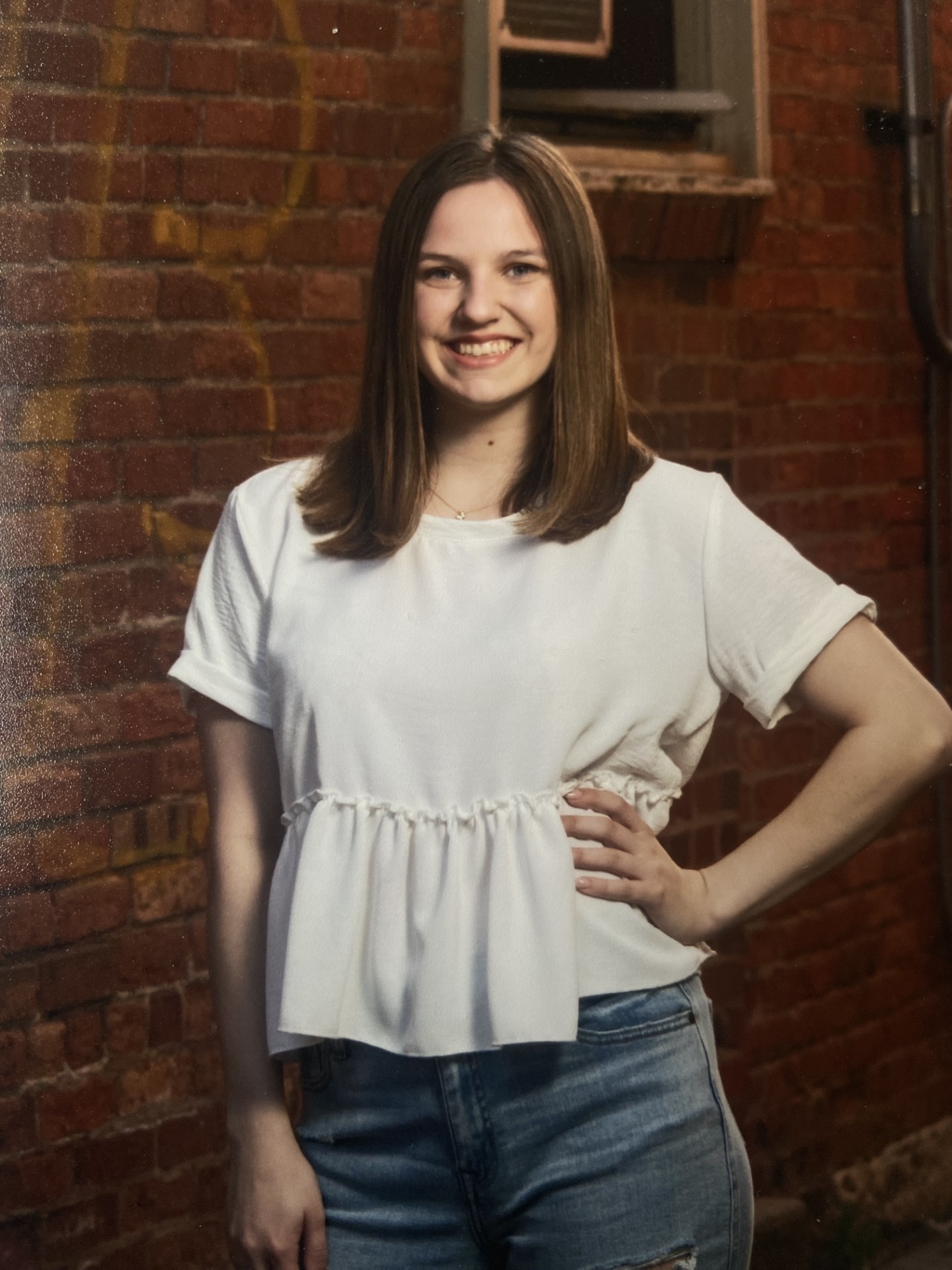
Amanda Catey '27
Major: Interdisciplinary Science (physics concentration)
Minor: Psychological Sciences
Research Project Experience:
I have been working in the Blue-Sky Lab for one year researching the effectiveness of an after-school program. I have developed experience in research design, data collection, data analysis, and presenting research.
Advice for Getting Started in Research:
Look into research outside of your discipline, there are so many opportunities out there. And if you are interested, reach out! The worst they can say is no!
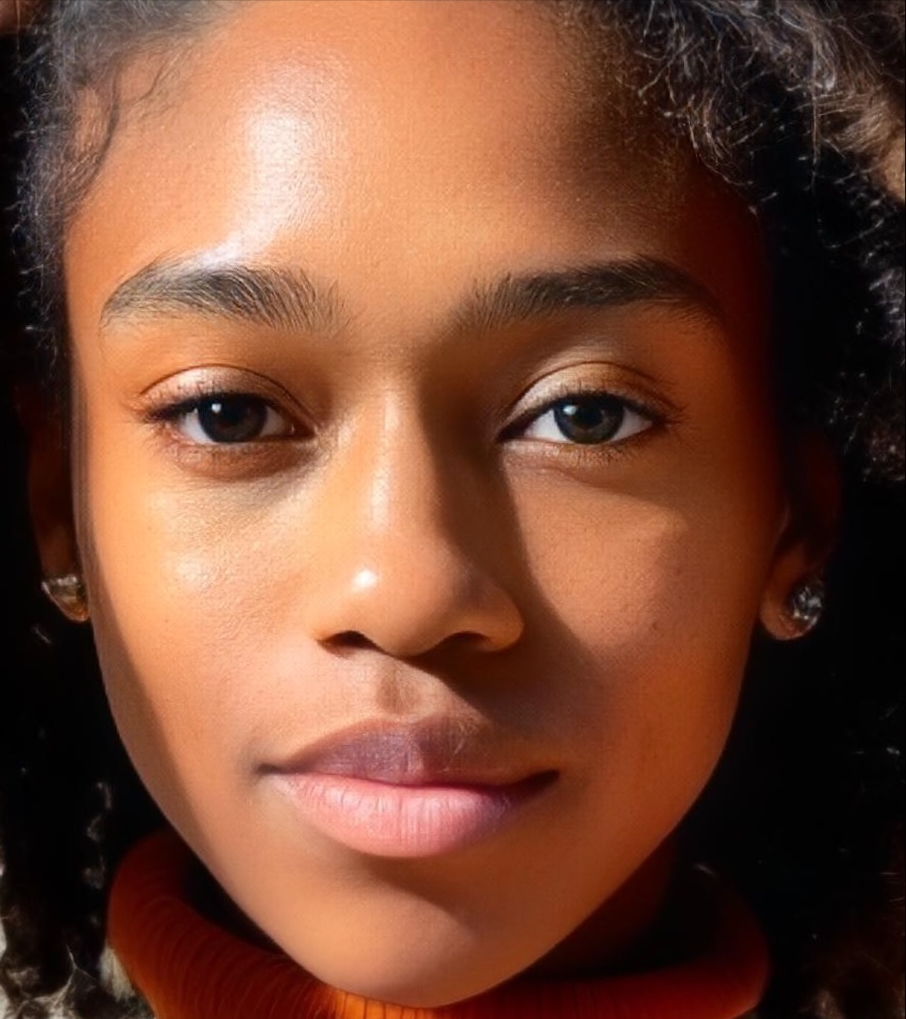
Major: Animal Science (pre-veterinary medicine concentration)
Research Project Experience:
I have conducted research on equine anatomy through the development of 3-D skeletal modules, explored animal behavior in puppies, and studied the effects of trazodone on lameness in horses.
Advice for Getting Started in Research:
Getting into research can feel intimidating at first, but it’s one of the best ways to learn and grow. Be open to trying new things and don’t be afraid to ask questions along the way. Every project teaches you something valuable, even if it doesn’t go the way you expect. Research isn’t about knowing everything, it’s about being willing to learn.
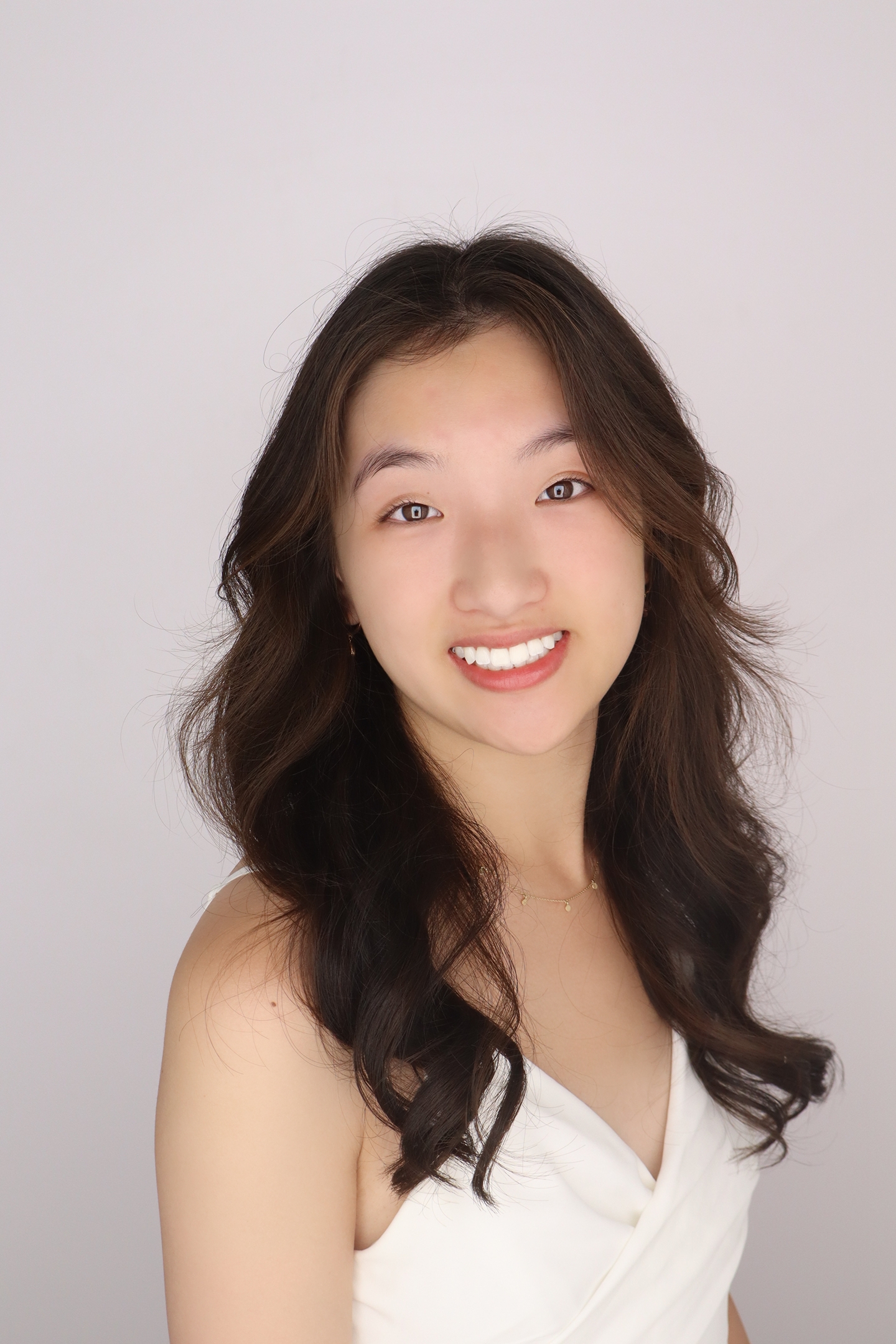
Janelle Chen '28
Major: Nursing (pre-med concentration)
Research Project Experience:
Starting in high school, I conducted IRB approved behavioral science research on empathy and effective communication in adults leading to publishing a research paper on my findings. At Purdue, I work in Dr. Rosie Shrout's lab, The Relationships and Health Lab, studying the effect of breast cancer survivorship on interpersonal relationships. I have also worked with Dr. Vicki Simpson, the previous interim dean of the Purdue School of Nursing on her research project studying the effect of drug education on elementary to middle school students. Most recently, I have joined the PACER lab, under Dr. Daniel Foti, studying the neurophysiology of psychiatric illnesses through use of an electroencephalography to prospectively predict downstream emergence of manifest symptoms, diagnoses, and functional impairment.
Advice for Getting Started in Research:
Take the risk to email and talk to professors about their research and if they are in need of more help, so many of them are happy to talk more about what they study and likely need help around their lab!
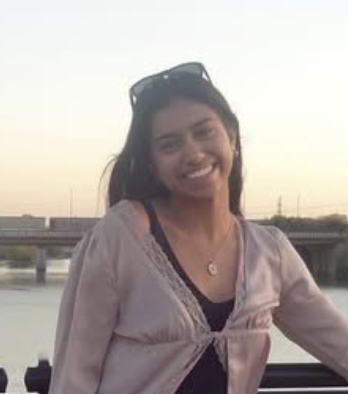
Rachel D'Sourza '28
Major: Electrical Engineering
Minor: Global Engineering Studies
Research Project Experience:
I have research experience as a member of the Tao Research Group, where I build software to preprocess, analyze, and visualize proteomics data for biomarker discovery, supporting the identification of Alzheimer’s disease using machine learning and statistical models. In this role, I analyze mass spectrometry data in R, testing for normality and homogeneity of variances and applying single reference and median normalization. I am also a member of the Umulis Quantitative and Systems Biology Research Group, where I model Bone Morphogenetic Protein (BMP) signaling networks in Drosophila and investigate mechanisms of robustness, cell fate decisions, and tissue patterning. My work includes designing CompuCell3D simulations in Python, performing live imaging experiments on zebrafish embryos to quantify membrane diffusion rates, and integrating data with computational models to advance understanding of signal transduction and morphogen gradient formation.
Advice for Getting Started in Research:
Start by figuring out what topics interest you most and check out what professors or labs at your school are working on. Pick up some skills that fit the area you’re interested in, whether that’s through classes, side projects, or volunteering. Don’t be shy about reaching out to professors or grad students with a short email introducing yourself, saying why you like their work, and mentioning anything you’ve done that relates. Be open to starting with small tasks like helping collect data or doing background research, because those can teach you a lot and help you prove yourself. Most of all, stay curious, ask questions, and don’t stress about making mistakes. That’s all part of the learning process!

Krttika Goel '25
Major: Chemical Engineering
Minor: Management
Research Project Experience:
I am participating in research outside my discipline with the Altman Lab to synthesize and develop routes to organic compounds that are relevant scaffolds in medicinal chemistry.
Advice for Getting Started in Research:
Explore various fields and find a way of thinking you are passionate about! Research areas that spark your curiosity and align with the attributes you can bring as an undergraduate researcher. TAs are a great resource that streamline the search process as they can underscore what research projects demand and how you would fit into those.

Lillian Ji '27
Major: Electrical Engineering
Research Project Experience:
I have done research during high school but during my freshman year I joined a research group working on experimenting on Lithium ion batteries. With this opportunity I got the First Time Researcher fellowship which allowed me to present my research in the end of the Spring semester at the Spring Undergraduate Expo.
Advice for Getting Started in Research:
I would say to engage with your fellow researchers. I've learned so much from my mentors and It has been an amazing experience not just learning from them but also spending time with them outside the lab.
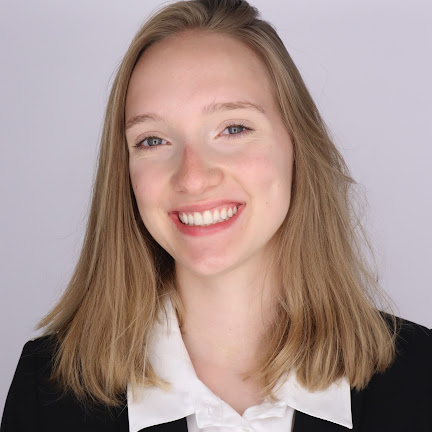
Ellie Ketcham '26
Meet with Ellie Tuesdays when the University is open from 12:30-1:30pm in the OUR in Spring 2026 (note: she will not be available 3/10 as she is presenting her research in DC)
Major: Biochemistry
Minor: Spanish
Research Project Experience:
I have spent 4 years working in a mammary gland biology lab. I study how piglet's small intestines develop after they drink milk for the first time. I also complete a summer internship in Michigan where I investigated how leg muscles regenerate in which a pathway called mitochondrial fatty acid synthesis (mtFAS) is knocked down.
Advice for Getting Started in Research:
Understand that everyone started somewhere and was once a beginner. We are all on our own paths in life, so it is unfair to compare your path to other people's.

Dhriti Laddha '27
Major: Biomedical Health Sciences
Research Project Experience:
I came to Purdue specifically for the Honors Research Program, and from the start I made it a point to talk to as many peers and faculty members as I could about their work before choosing a lab. Those conversations shaped not just where I ended up, but how I think about science. I am currently working in the Purdue Institute for Cancer Researchin in Scarpelli Lab, where my research focuses on improving radiotherapy outcomes for triple-negative breast cancer (TNBC), an aggressive subtype that lacks the receptors targeted by most breast cancer therapies, leaving patients heavily dependent on radiation and chemotherapy.
My project investigates how iron oxide nanoparticles (IONPs) can radiosensitize TNBC cells, making them more vulnerable to radiation without increasing toxicity to healthy tissue. Using 3D tumor spheroid models, live-cell calcium imaging, flow cytometry, confocal microscopy, and RNA sequencing, our team identified a previously unknown mechanism: IONPs disrupt intracellular calcium (Ca²⁺) homeostasis, which impairs the cancer cell’s ability to repair DNA double-strand breaks caused by radiation. We showed that chelating calcium with BAPTA-AM mimics this repair defect, while restoring calcium with thapsigargin partially rescues it, establishing calcium flux as a key driver of IONP-mediated radiosensitization. Notably, ferumoxytol, an FDA-approved iron oxide formulation, produced the same effect, supporting the translational potential of this approach.
Advice for Getting Started in Research:
A few setbacks are not defining, all it takes is one yes, so be patient and believe in yourself. I know it can feel discouraging when labs don’t respond or things don’t work out the first time, but new opportunities open up every single day. Talk to as many people as you can: peers who are already in labs, professors whose work interests you, and ambassadors through the OUR. You will learn something from every conversation, and one of them will lead somewhere. Don’t wait until you feel ready, start showing up, and the rest will follow.
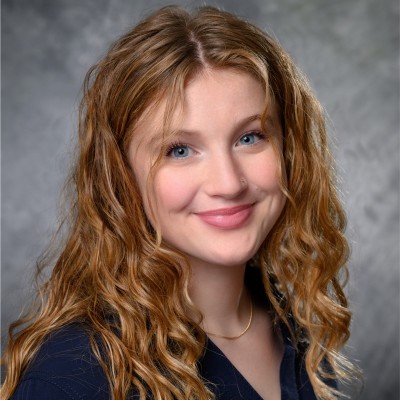
Isabella Levine '28
Major: Biological Engineering
Minors: Mathematics, Biotechnology
Research Project Experience:
My freshman year, I was a part of the SCALE (Semiconductors and Microelectronics) program. I did research on the project "Investigation of High-Energy Radiation Effects on Electronic Memory Devices," under which I examined the effect of high-energy radiation upon the working of memory devices. I simulated 60,000+ ion-material collisions using SRIM/TRIM to imitate space-like radiation to determine the effects of radiation on microelectronics used in spacecraft.
Now, I am an undergraduate researcher at the Purdue Institute for Cancer Research. I am involved in a project focused on in vitro culturing and prostate cancer growth. Under the guidance of an experienced researcher and a research mentor, I assist with experimental procedures, contributing to a deeper understanding of biological systems and biomedical research techniques. I had developed wet-lab skills such as DNA Extraction, PCR, and gel electrophoresis.
Advice for Getting Started in Research:
Jump into something new and uncomfortable. The best way to grow as a researcher and student is to push yourself to grow and learn new things, and joining a new lab is a great way to do that. Make sure to ask lots of questions and take in everything you can!

Aishwarya Menon '26
Major: Biological Engineering
Minor: Biotechnologhy
Research Project Experience:
Davidson School of Chemical Engineering, Summer Undergraduate Research Fellowship (Summer '24)
- Conducted research on recovering active pharmaceutical ingredients from expired drugs under Dr. Gintaras Reklaitis
Dr. Philip Low's Lab, Undergraduate Research Assistant (2023-2024)
Focus: Anti-tumor immunity in dendritic cells and its role in cancer immunology.
Specific projects:
- Worked on a mouse antibody targeting folate receptor-beta for imaging and therapy in rheumatoid arthritis diagnosis.
- Collected and analyzed compounds using LCMS, UPLC, and HPLC to assess efficacy.
Data visualization and Modelling of the Crystallization Process (Fall 2024)
- Reconstruction of data obtained from crystallization and modeling using CrySiV and MATLAB.
- Designing a framework for the process development of drug substances and producing a data structure for experiments under crystallization.
For anyone looking to begin research, I recommend exploring topics that interest you first. Connecting with professors and attending research conferences are excellent ways to get started.
Major: Aeronautical and Astronautical Engineering
Minor: Materials Science Engineering
Research Project Experience:
Previously, I worked in the Composites Manufacturing & Simulation Center at the Indiana Manufacturing Institute, led by Dr. Kim, through the First-Time Researcher Fellowship. My project focused on monitoring real-time machining conditions of carbon fiber-reinforced ABS composites using thermal imaging, accelerometers, and acoustic sensors to analyze temperature, vibration, and sound data.
I am currently part of the McClain Team in the Purdue Energetics Research Center at Zucrow Laboratories through the Summer Undergraduate Research Fellowship. My work focuses on evaluating the cold storage validity of HTPB-based PBX molding powders by comparing curing methods, storage durations, and temperatures to study their effects on density, strength, and cure kinetics.
Advice for Getting Started in Research:
Don’t be afraid to look at labs outside your school or department! Research topics can pop up in lots of different labs, kind of like in industry. Know what you're interested in, keep an open mind when reaching out, and remember it’s never too early or too late to get started!
Mackenzie Roche '28
Major: Neurobiology & Physiology
Research Project Experience:
I was privileged to work in Dr. Timothy Johnson's Animal Science Lab. Our goal was to determine antibiotic resistance in Bovine Respiratory Disease pathogens sampled from healthy cattle. We obtained samples from a local cattle farm, plated and incubated the samples, and used a PCR machine to sequence the DNA to match the bacterial sample with one of the strains of the Bovine Respiratory Disease pathogens. These results will allow us to develop a rapid testing method that can be used by veterinarians or owners to diagnose antibiotic resistance in cattle and immediately treat the cattle with the correct type and dosage of antibiotics.
Advice for Getting Started in Research:
Research is an excellent way to network, collaborate, and strengthen organization and communication skills. Finding the right fit can be time-consuming, so the best way to find research you are passionate about is to talk to your peers who are currently in research about their experience, attend events that display the various research opportunities, and even peruse the different types of research available in each department at Purdue. Prioritize your goals and what you want to gain from the experience. Once you narrow down to a few specific research interests, email professors, communicate with classmates or friends who could help connect you with a research professor they know, or even communicate directly with the professors for your classes. Personally, I found my research lab by looking online at professors and their research in different colleges and emailing programs that I was interested in.

Shruthika Sundar '27
Major: Biomedical Engineering
Research Project Experience:
My passion for research began in high school, where I had the opportunity to research potential cancer therapies. In my junior year, I studied the effects of Tagamet HB—a common acid-reflux medication—on thyroid cancer cells, aiming to leverage cimetidine's anti-tumor properties. Later, I collaborated on a machine learning project that identified the most impactful nanoparticle features for inhibiting cancer cell growth, sparking my commitment to pursue research further at the undergraduate level.
At Purdue, I work in Dr. Estelle Park’s biomedical engineering lab, studying stem organoid cell models to test treatments for age-related macular degeneration, a prevalent retinal disease. Additionally, I am involved in research at the University of Wyoming under Dr. Diksha Shukla in the Department of Electrical Engineering and Computer Science. This project explores using EEG brainwave signals as a secure alternative to typed passwords for authenticating users in virtual reality. I was an NSF Research Experiences for Undergraduates (REU) student at the University of Wyoming over the summer continue to work remotely with Dr. Shukla and her lab during the school year at Purdue.
Advice for Getting Started in Research:
Start by consolidating your interests and looking up professors whose work excites you. Do not be afraid to reach out over email and speak with them—you may be missing out on valuable opportunities if you do not take that first step. Take advantage of the OUR's resources to learn about different research opportunities on campus, and if you are debating whether to dive into research, come talk to an OUR ambassador!